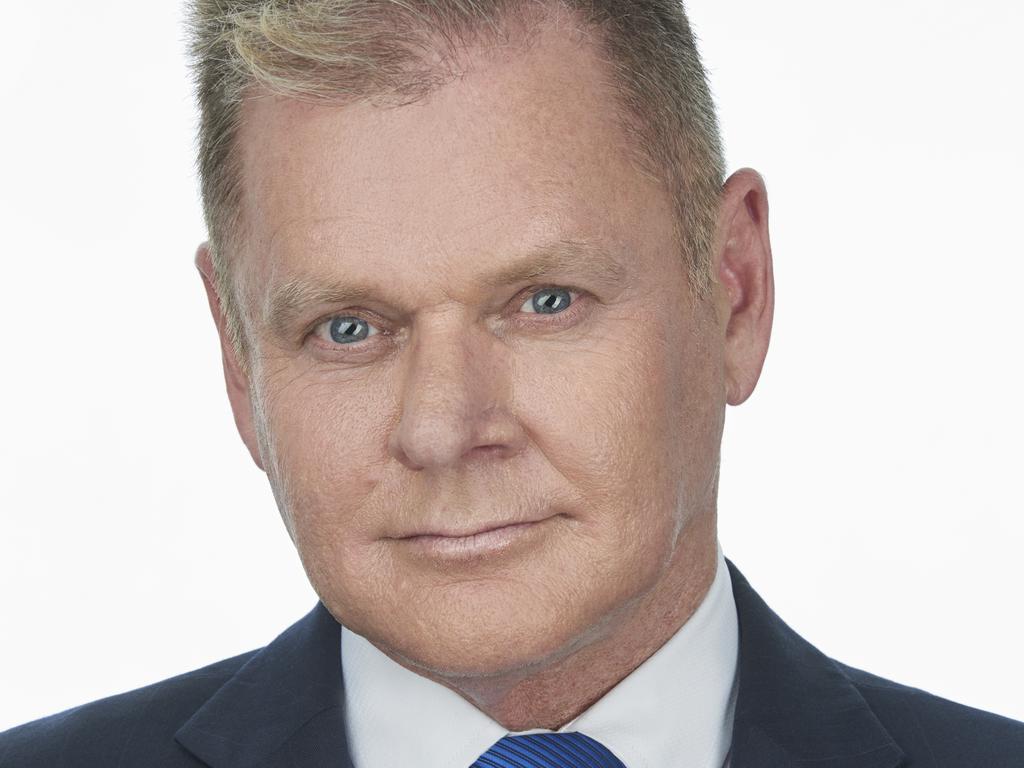How job-seekers and employers can avoid unconscious bias
Here’s what you should and shouldn’t share during the job application process to protect yourself from a recruiter or employer’s unconscious bias.
Unconscious bias has long been an issue in hiring processes, with promising candidates ending up in the “no” pile based on assumptions and snap judgments.
While it is the employer’s responsibility to avoid unlawful discrimination, jobseekers can also help protect themselves by strategically deciding what they do or do not include in their resume or interview.
The Fair Work Ombudsman defines unlawful workplace discrimination as occurring when an employer takes adverse action – such as not hiring someone – on the basis of race, colour, sex, sexual orientation, age, physical or mental disability, marital status, family or carer’s responsibilities, pregnancy, religion, political opinion, national extraction or social origin.
Although most businesses have diversity and inclusion policies in place to avoid conscious discrimination, unconscious bias is more difficult to stamp out.
An Australian study published in Oxford Bulletin of Economics and Statistics in 2010 found job applicants from minority backgrounds were less likely to reach the interview stage.
Researchers sent out 4000 fake resumes and found those with Anglo-Saxon-sounding names had a 35 per cent call-back rate compared to 32 per cent for Italian-sounding names, 26 per cent for Indigenous Australian-sounding names, 22 per cent for Middle Eastern-sounding names and 21 per cent for Chinese-sounding names.

When it comes to gender bias, business consultant and workplace trainer Amanda Rose says it can sometimes work in a woman’s favour to avoid mention of any husband or children in the application process.
Some hiring managers assume a woman will not dedicate as much time to the role if she has a family.
“I sometimes do recommend not wearing a wedding ring to a job interview,” she says.
“It’s a personal choice, however I always did that (and) I know plenty of people who have done that for leadership roles.”
Bias is not just an issue among human recruiters, either.
It can also creep into hiring processes that use artificial intelligence.
Three years ago, Amazon was forced to scrap its automated hiring tool after realising the AI was favouring male applicants.
The algorithm had been trained on past resume patterns but as the tech industry was heavily male dominated, it was essentially screening women out.
PredictiveHire co-founder and chief executive Barb Hyman says it is really important that businesses understand what they are buying when they use HR technology with AI.
“To quote Spider-Man, ‘with great power comes great responsibility’,” she says.
“You need to put the controls in ahead of time.”

Hyman’s company has created a chat bot that aims to remove all bias in the hiring process.
Rather than asking applicants for a resume, which will include personal details, it asks a series of questions that are purely relevant to the job.
“If the employer doesn’t know you are a female or white or if you come from a different background, there is no room for bias so everyone gets a fair go,” she says.
“(The companies that use PredictiveHire) are indifferent to whether you are beautiful or young – they want their talent as diverse as the community they represent.
“Bunnings, for example, is passionate about hiring more than their fair share of Indigenous talent and research shows people are biased against Aboriginal people.
“They have doubled their rate of hiring of Indigenous people since having a tool that they are comfortable with.”
Hyman said many hirers had embraced video interviews since the COVID-19 outbreak but a lot of people did not present their best self on that platform.
“Unless you are attractive and extroverted, it might not work for you,” she says.
“Video in particular disadvantages people from a low socio-economic background because if they are sitting in a trailer (for their interview) you can see they are disadvantaged.
“(Video and face-to-face) interviewing is preferring people who are savvy at selling themselves.”

TOP TIPS TO PROTECT YOURSELF
DON’T indicate your gender or any information about physical abilities on your resume
DON’T include your date of birth or use an email address that provides this information
DON’T list graduation dates for qualifications if you believe your age might work against you
DON’T provide your residential address if it might symbolise socio-economic status
DON’T give the names of schools, colleges or universities attended unless you believe those details will work in your favour
DON’T include details of any religious or political affiliations, or your relationship status
DO restrict access to your personal social media accounts to prevent a prospective employer accessing information about your political affiliations, interests and your own biases
DO audit your LinkedIn profile to determine exactly what personal information is on offer to the public
DO seek out employers who support anonymous hiring processes. These companies omit all personal details including names in an attempt to provide a level playing field for all applicants.
DO stay focused on your skills and knowledge during a job interview
DO resist the temptation of offering details about family, partners or broad interests outside the professional arena
Source: Australian Institute of Management workplace specialist Emeritus Professor Gary Martin





